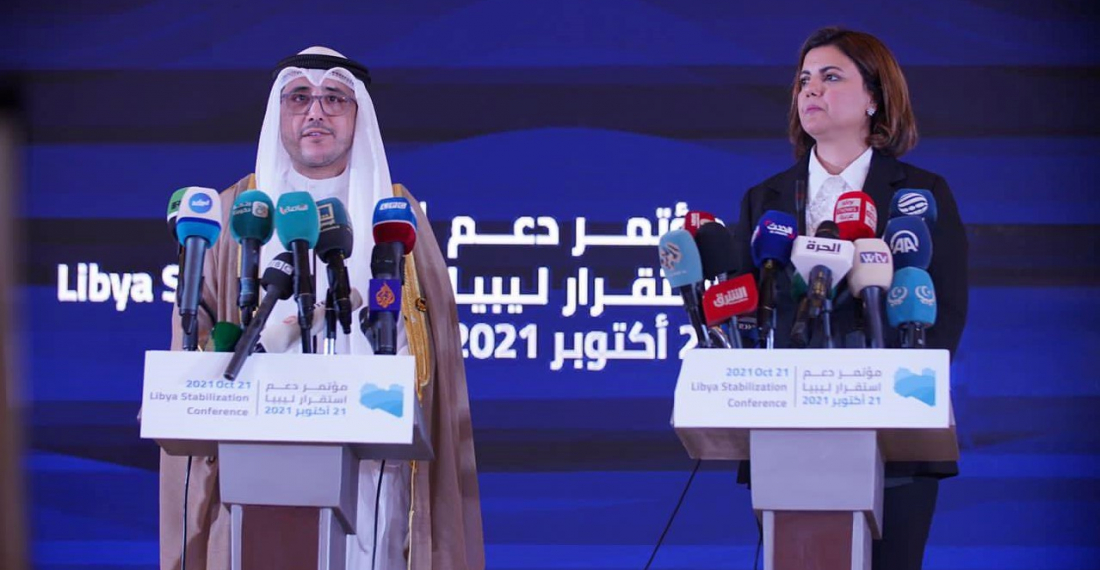On Thursday (21 October), Libya's transitional government hosted various foreign officials in Tripoli to garner support for the transition process. Around 30 delegations participated in the Libya Stabilization Conference including those representing the United Nations, European Union, African Union and the Arab League.
The purpose of the conference according to foreign minister Najla Mangoush was to "gather the necessary support, in a transparent way" for the forthcoming presidential election. Libya Stabilization is an initiative launched by the interim government which suggests the creation of an international group that will assist Libya’s transitional government in resolving key issues.
The conference resulted in a communiqué calling for confidence-building steps to enable fair, transparent and inclusive polls. Libya is two months away from the scheduled presidential elections. The communiqué hailed the return of foreign embassies to work from inside Libya's capital, Tripoli urging the rest of states to resume work from the capital.
"Trust building is important to create the necessary environment for national fair, and transparent elections on December 24, 2021." The statement read.
The conference was a special moment for Libya since over the last decade many conferences dealing with the future of the country were held overseas because of the security situation. Libyan Prime Minister, Abdulhamid Dbeibah stressed that the Libya Stabilization Conference is a strong message that shows Libya’s stability and development process.







